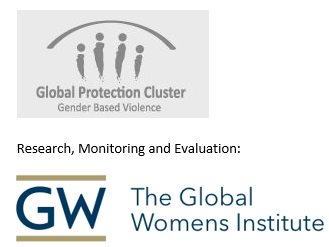Before commencing data collection activities, consider how learning this information will improve the lives of women and girls. Extremely vulnerable populations – such as refugees and IDPs – are often subjected to many data collection activities (assessments, surveys, interviews, focus group discussions, etc.). Given the dearth of information on these populations and even fewer programme impact studies, additional research and M&E can be useful but must be carefully considered. Ask yourself, do you need to know this information (to continue programme funding, advocate for more funds, extend programme reach, etc.) or is it just nice to know (in which case, undertaking such an exercise should be reconsidered)? Are the benefits of collecting this information higher than the (potential) risks associated with it?
|
Box 4: Example: Case study for developing a research objective. To develop a strong research objective from your ideas, consider:
You are a researcher working with an NGO that runs women’s centers in an IDP camp in Country A. The Head of Programs at the NGO has told you that their social workers working in the Women’s Centers are seeing a lot of cases of women and girls who have experienced rape and other forms of sexual violence when they were displaced. However, women are reporting cases that happened more than 72 hours in the past (the cut-off period for receiving post-exposure prophylaxis and emergency contraception), limiting the medical response they can receive. Social Workers are providing individual psychosocial support services and livelihoods training to survivors of violence at the Center in the camp. After conducting a literature review to understand what is known about the topic and talking to the program staff on the ground, some potential research objectives could be:
Some potential research questions based on the above objectives include:
|
